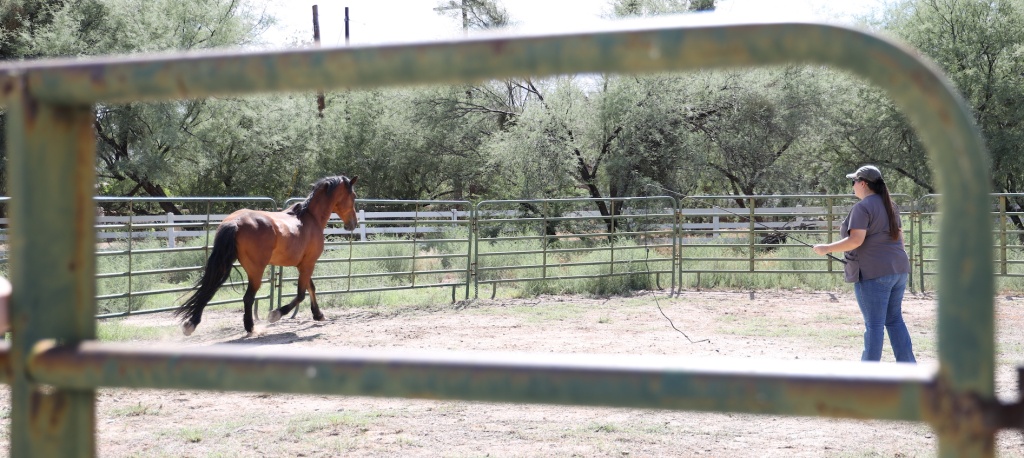Navigating and Overcoming Common Challenges in Horse Training
Training a horse can be one of the most rewarding experiences, but it also comes with its fair share of frustrations. Whether you’re a seasoned rider or new to the equestrian world, encountering challenges is inevitable. Understanding these common issues and learning how to address them can help you build a stronger, more harmonious relationship with your horse. Let’s explore some typical frustrations in horse training and how to overcome them.
Overcoming Common Frustrations in Horse Training
1. Lack of Progress
One of the most common frustrations is feeling like your horse isn’t progressing as expected. This can stem from unrealistic goals, inconsistent training schedules, or simply hitting a plateau.
Solution: Set small, achievable goals and celebrate each milestone. Consistency is key, so establish a regular training routine. Patience is crucial; progress might be slow, but persistence pays off. If progress stalls, try varying your training techniques to keep your horse engaged and learning.
2. Behavioral Issues
Horses, like people, have their own personalities, and some can be more challenging to train than others. Common behavioral issues include spooking, refusing to follow commands, or being overly aggressive.
Solution: Understanding the root cause of the behavior is essential. Is your horse in pain? Are they afraid or anxious? Building trust through groundwork can help address many behavioral problems. Positive reinforcement, such as treats and praise, can encourage good behavior. If the issue persists, consulting a professional trainer or your veterinarian may be necessary to rule out any underlying health issues.
3. Fear and Anxiety
Horses are prey animals, and their instinctive response to fear can be frustrating for trainers. A horse that is constantly anxious or fearful can be difficult to work with and can pose safety risks.
Solution: Create a calm and safe environment for training. Gradual desensitization to feared objects or situations can help reduce anxiety. Using a calm, soothing voice and gentle handling can reassure your horse. Ensure that you remain calm and confident, as horses often mirror the emotions of their handlers.
4. Communication Barriers
Effective communication between you and your horse is vital. Misunderstandings can lead to frustration on both sides, resulting in a lack of cooperation.
Solution: Spend time learning to read your horse’s body language and signals. Clear, consistent cues are essential for effective communication. Groundwork exercises can enhance mutual understanding. Building a strong bond based on trust and respect will improve communication and cooperation.
5. Physical Limitations
Sometimes, physical issues can hinder a horse’s ability to perform certain tasks. These could be due to conformation, previous injuries, or age-related problems.
Solution: Regular veterinary check-ups are crucial to ensure your horse is physically capable of performing the tasks you’re asking of it. Adjust your training regimen to suit your horse’s physical condition, and provide appropriate care such as proper nutrition, hoof care, and exercise.
6. Consistency and Routine
Inconsistent training schedules can confuse your horse and slow down progress. Horses thrive on routine and knowing what to expect.
Solution: Establish a consistent training schedule and stick to it as much as possible. Consistency helps your horse understand what is expected and builds a reliable routine. Even short, regular training sessions can be more effective than longer, infrequent ones.
Partner with Adobe Veterinary Center for Expert Guidance and Support For Your Four Legged Friend
Horse training is a journey that requires patience, understanding, and a willingness to adapt. Overcoming common frustrations is part of the process, but with the right approach, you can achieve a rewarding partnership with your horse.
If you’re facing challenges in your training or want to ensure your horse is in optimal health for training, consider booking an appointment with our experts at Adobe Veterinary Center in Tucson, Arizona. Our experienced team can provide comprehensive care and support, helping you and your horse achieve your training goals. Contact Adobe Veterinary Center today to schedule your visit and take the next step towards a successful training journey.

